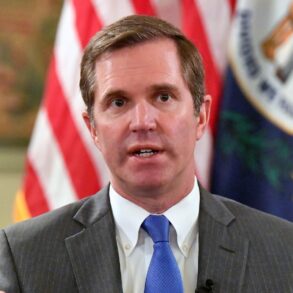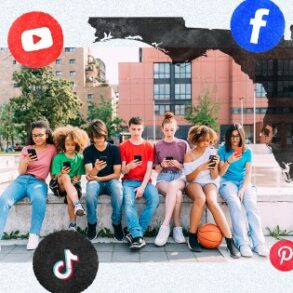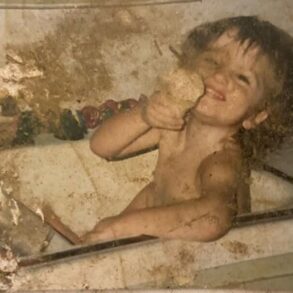MIAMI – Many celebrities or well-known influencers will tell you, never read the comment section.
At times, those quick posts sent without a second thought to who might be reading them can be hurtful and vicious.
The online comment frenzy was so fierce recently, that Princess Kate Middleton was forced to reveal her cancer diagnosis as millions speculated as to her health and whereabouts.
They’re called “keyboard warriors” — people who post highly opinionated text and images online in an aggressive or abusive manner, often without revealing their own identity.
“You don’t have to have a profile photo. Your username can be anything. And so there’s no way to trace it back to you,” explained Genesis Games, a Licensed Mental Health Counselor who also uses social media to dole out insight and advice.
While she can’t diagnose anonymous commenters, she says in some cases, the posters who push the boundaries of politeness might share some traits of narcissism.
“One of the traits of narcissism is this idea of grandiosity like I am better than you. I know best. And a lot of times that’s how these comments come through. Like you are wrong. I’m obviously right. And they have this very condescending tone,” Games said.
Sometimes critics were once fans. They started following a specific creator because they felt they could relate. Parasocial relationships are formed. But if that creator deviates from their norm, the fan base can feel offended or even abandoned.
“I think another aspect is we’re attention seeking, right as humans, we like attention, we like validation,” Games said. “If we leave a very polarizing type of comment that’s going to get a lot of engagement, people are going to like it, people are going to stitch it, people are going to talk about it, people are going to continue to comment and I’m going to engage in this dialogue or war online. And I am going to be getting that attention need met that I am not getting in my day-to-day life.”
Montana Tucker is a singer, dancer and prolific social media content creator.
“It can be such a terrible crazy place, but it also can be such a powerful, incredible place and on social media, people just hide behind their keyboards,” she said.
Tucker has more than 9 million followers on TikTok, 3 million followers on Instagram and almost 800,000 YouTube subscribers.
She was born and raised in Boca Raton but now splits her time between South Florida and Los Angeles.
We met her recently at Goodman Jewish Family Services ahead of an event focused on combatting hate– online and in person– specifically, antisemitism.
“I hope with my content that people can come to my page, and they can feel like they’re learning something, but they can also feel love,” she said “I talk about antisemitism, but I also talk about combating all forms of hate.”
She used to post mostly fun, dancing videos, but last year she started sharing more about her grandparents who survived the Holocaust, even creating a docuseries.
After the events of October 7th in Israel, her content shifted again.
She was worried it wouldn’t find the right audience at first, but she says the overall response has been positive.
“If I have a platform, and I don’t use it for good and use it for what I want to do, then what am I doing with it,” she said.
But taking a stand isn’t always well-received.
Tucker herself said some nasty commenters have gone so far as to call her “Hitler” and even threaten violence.
“Somebody commented the other day, ‘I hate you and your mother and your grandmother and you all should die.'” She says the comments about her family sting the most.
Recently, larger beloved creators with millions of followers announced social media breaks due to the barrage of nasty comments they get on a daily basis.
Tucker says the negativity can hurt, but she usually chooses to ignore it.
“What I do on Instagram, I block. There’s a filter, which I hope everyone who is watching this knows about this. You can block certain words from your comments.”
To do that on Instagram, simply go to “Settings and Privacy”. Under “Hidden Words”, you can filter out certain words or phrases from appearing in your comments.
“Kids are getting extremely bullied and there’s a lot of hate online,” Tucker said. “They need to be taking this more seriously in the schools. The parents need to be speaking up and doing more.”
The DeSantis Administration has moved to ban social media accounts for children younger than 14 and require parental permission for 14 and 15-year-olds.
No matter your age, experts say it’s crucial to stay connected to reality.
“It’s really important to have a good network of face-to-face friends, peers, people that really know you, that understand you and that can be supportive,” Games said.
Before you think of saying something mean online, consider negative comments that don’t just hurt the recipient.
Sometimes, it can cost the poster as well, with more and more companies instituting no-tolerance policies against online bullying.






